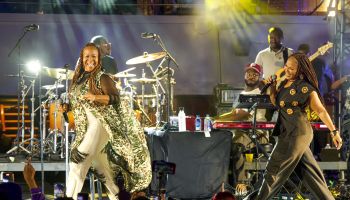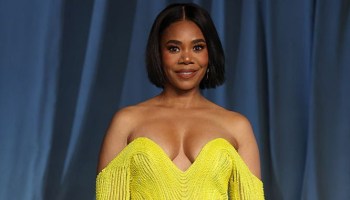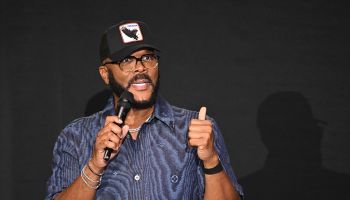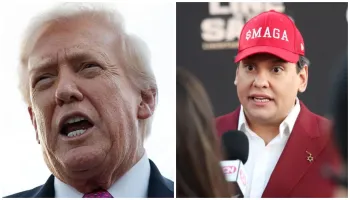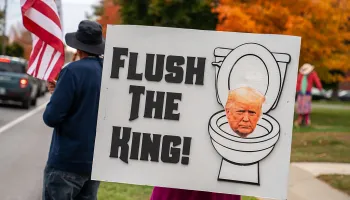When D'Angelo Met Bobby Seale After Releasing Black Messiah
When D’Angelo Met Bobby Seale After Releasing Black Messiah
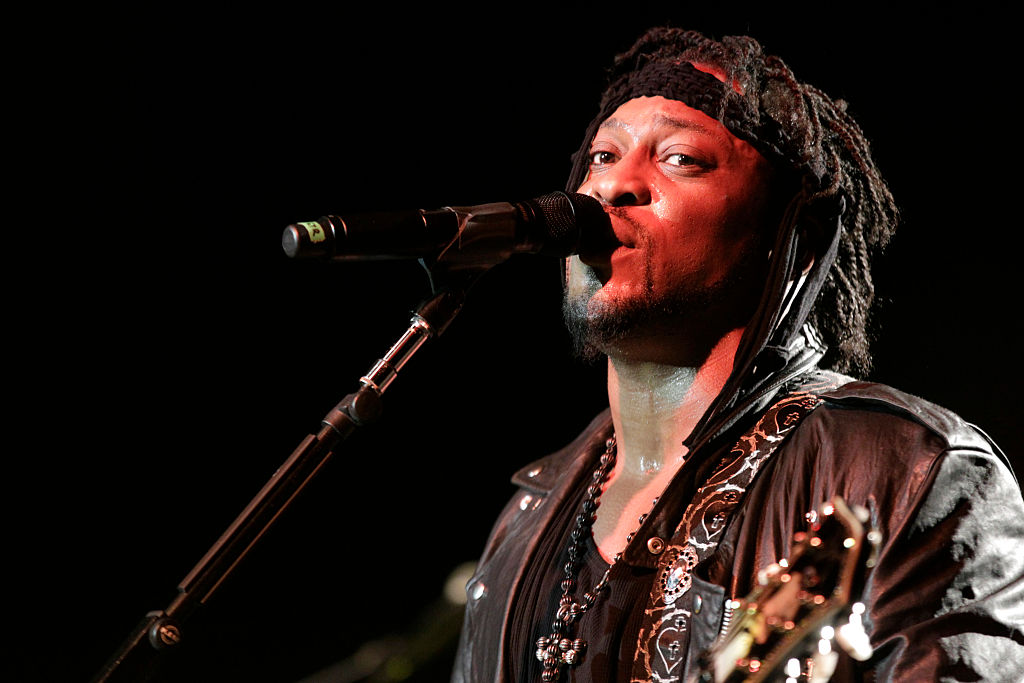
In 2014, after vanishing from the public eye for nearly 15 years, D’Angelo released his newest album, Black Messiah. Stardom had overwhelmed the soul singer, particularly being treated as a sex symbol after the video release for “Untitled (How Does It Feel).” With the surprise of Black Messiah—named after a term J. Edgar Hoover used to describe Black leaders —the album was more than just another release (though an album was always more than that for the singer), but a biting critique of the social and political climate during the time.
Black Messiah was originally scheduled to come out in 2015, but in the midst of the Black Lives Matter Movement and after the killings of Michael Brown in Ferguson, Missouri and Eric Garner in New York, he rushed to release it sooner.
D’Angelo wasn’t looking for a new wave sound for the album; in fact, it did not reflect any of the R&B or Pop music during the time at all. Black Messiah seems to start off almost where his sophomore album, Voodoo, left off. With psychedelic funk, jazz rock, and gospel deeply entangled in each track and the artist’s soulful croons, it moves at its own melodic pace, reminiscent of D’Angelo’s musical inspirations with a sound all his own.
In June 2015, six months after the release of the album, D’Angelo told Bobby Seale, a social justice activist and co-founder of the Black Panther Party, that the album was meant to bring awareness to the social injustice that had been happening.
In the New York Times interview in 2015, he said, “I say this in my song ‘The Charade’: ‘Crawling through a systematic maze of demise.’ Because it really is a systematic decimation of us. And in order for us to change it, we’ve got to first realize that that’s what’s happening to us.”
The NYT reported that D’Angelo, who was frustrated with the killings of unarmed Black Americans, traveled to Oakland, California, where he and Seale toured areas significant to the Black Panthers. The artist had always been interested in the militant group as a young teen.
Though Seale ended his relationship with the group and, at that point in his life, renounced violence— he and D’Angelo talked about the importance of protesting, the Black Lives Matter Movement, and how music can impact social change.
- Rest In Power: Notable Black Folks Who We’ve Lost In 2025
- The 50 Hottest, Flyest & Sexiest Looks from Beyoncé’s ‘Cowboy Carter’ Tour
- Urban One Radiothon For St. Jude Kids Raises $1.6 Million
- US Embassy Official Told Trump’s South African Refugee Program Is For White People Only, New Report Says
- Celebs Who Turn 50 This Year
When D’Angelo Met Bobby Seale After Releasing Black Messiah was originally published on foxync.com
